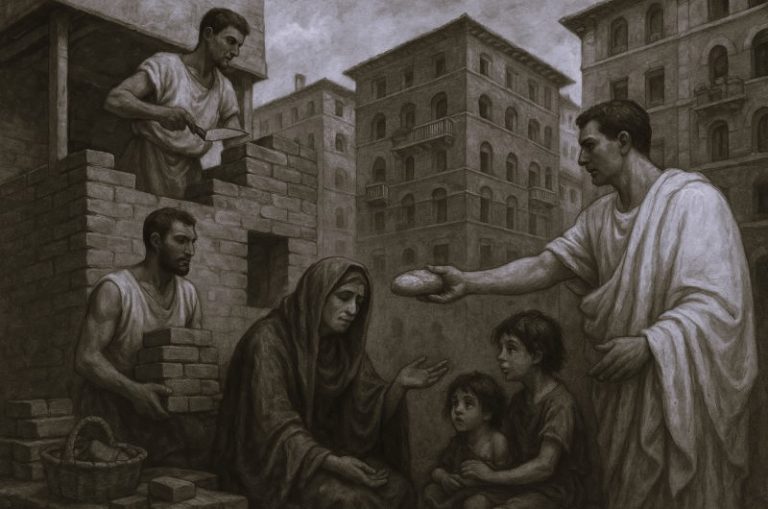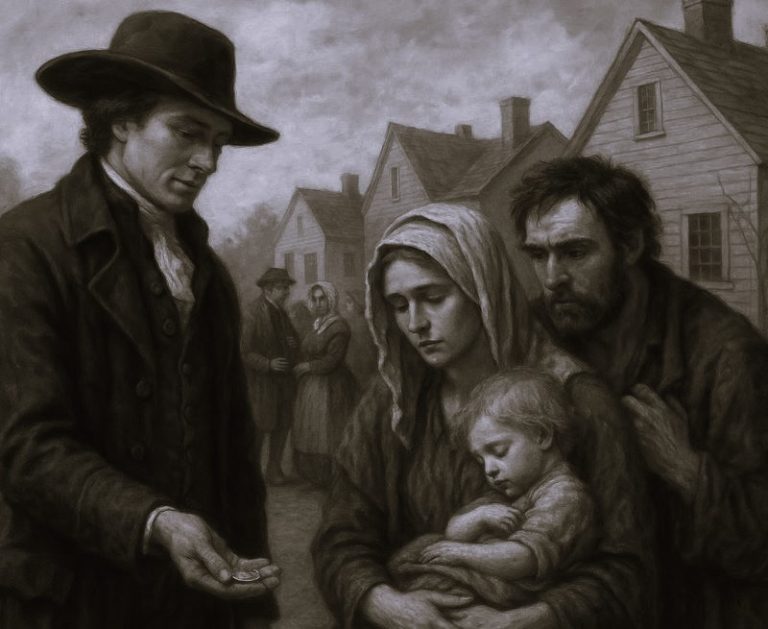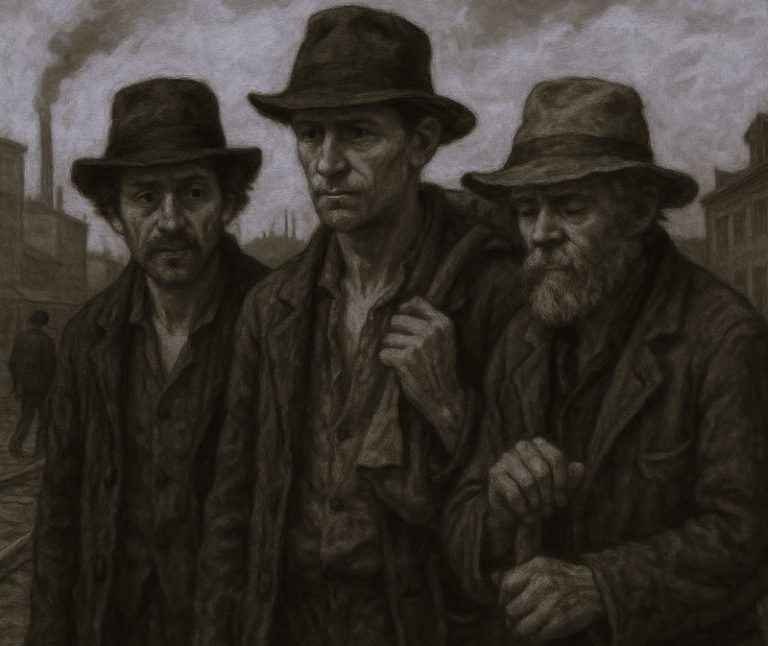

Few places on the planet love poker as much as the US. Thanks to its vibrant poker subculture and prestigious tournaments like the World Series of Poker (WSOP), the North American poker scene is the most prominent in the world.
The UNLV Gaming Research & Review Journal even suggests that nearly one in every four poker players across the globe is an American. That should come as no surprise given the card game’s exciting mechanics, which results in people flocking to play it at the country’s 7,000+ card rooms.
However, playing poker in the US can be a bit confusing sometimes, mainly because of how complicated the legislation surrounding it is. Without federal legislation, each state has established its own rules, which has made it more challenging to keep track of where and how you can enjoy a good game of poker. To clear things up, it’s important to get a better understanding of the complexities of American poker legislation:
Live poker legislation
If you want to play poker the old-fashioned way, the good news is that live games held at home, in casino poker rooms, and at standalone poker clubs are legal in more than half of the states in the US. Nevada is a notable example because you can play poker at practically any casino in Las Vegas. That includes both casual games and those held in more competitive settings, such as tournaments like the WSOP—which will again hold its Main Event, the No-Limit Hold’em World Championship, at the Strip’s Horseshoe Las Vegas and Paris Las Vegas casinos for the fourth consecutive year. Outside of Nevada, the Native American gaming industry operates a number of casinos across the country where you can play poker. Options range from the Mashantucket Pequot Tribe’s Foxwoods Resort Casino in Connecticut all the way to the Yocha Dehe Wintun Nation’s Cache Creek Casino Resort in California.
However, things start getting hairy when you consider laws in states like Texas. In Texas, live poker isn’t technically considered legal. Instead, state law allows anyone to participate in live poker games as long as they’re held in private places (defined as venues the general public can’t access), offer all players a fair chance at winning (aside from the usual advantages players get from skill or luck), and don’t provide any financial benefit other than personal winnings. The aforementioned criteria has resulted in a proliferation of Texas poker clubs in the past decade. The likes of Texas Card House is considered legal because it is a members-only establishment that hosts fair games and—instead of taking a cut of the pots—make money from membership fees and the food and drinks ordered by players. This operational model has proven especially beneficial for continually making live poker legally available in the state, with Texas Card House alone now boasting over 75,000 members and hosting poker tournaments like the Trailblazer Poker Tour.
Online poker legislation
Legislation for online poker is more complex because lawmakers generally have more concerns about it. Because of how convenient and accessible online poker is, they worry it may discourage live play and take away from the revenue the state gets from land-based casinos. Given their role in protecting state citizens, lawmakers are also wary about players becoming vulnerable to data breaches that target poker websites without the necessary security.
The few states that do legalize online poker—including Delaware, Michigan, Pennsylvania, Nevada, New Jersey, and West Virginia—recognize its benefits. According to the study , that includes the fact that government regulations positively influence consumer trust. On average, players are willing to pay an additional $1.83 per hour to use regulated online poker websites, despite the fact that their winnings may potentially be taxed, because they believe them to be more secure.
Given that this additional income poses potential financial benefits for both state governments and digital cardroom operators, the most reputable names in US online poker take the necessary steps to comply with the standards upheld by regulatory bodies like the Pennsylvania Gaming Control Board. On ACR Poker, users playing promotions like Big Poker Thursdays can benefit from dedicated security features such as two-factor account authentication, Know Your Customer (KYC) protocols, and secure deposit and withdrawal methods. The website particularly accepts Bitcoin to facilitate cryptocurrency transactions, which our post notes can further protect player winnings because they’re stored on the blockchain. This decentralized ledger can’t easily be tampered with and can surpass middlemen like banks, allowing online poker players to make faster and even anonymous deposits and withdrawals without having to worry about breaches compromising their personal information, bets, or winnings. That alignment with state expectations has helped make online poker more trustworthy in the eyes of players, and ACR Poker itself is now endorsed by poker pros like Chris Moneymaker and Ana Marquez.
Where US poker legislation is heading next
Given the lack of federal regulation for the card game, Americans need to be especially discerning when deciding where to play poker. Fortunately, its status as a fixture in land-based casinos—and the increasing security of online poker, especially thanks to emerging technologies like cryptocurrency and the blockchain—mean lawmakers across the country are finding more reasons to legalize and regulate it. That said, avid players can reasonably expect poker legislation to expand and become more clear-cut in the near future—meaning they can soon participate in secure, enjoyable games whenever and wherever they wish.
For more bold blends of news and ideas, keep reading our features on Brewminate.






